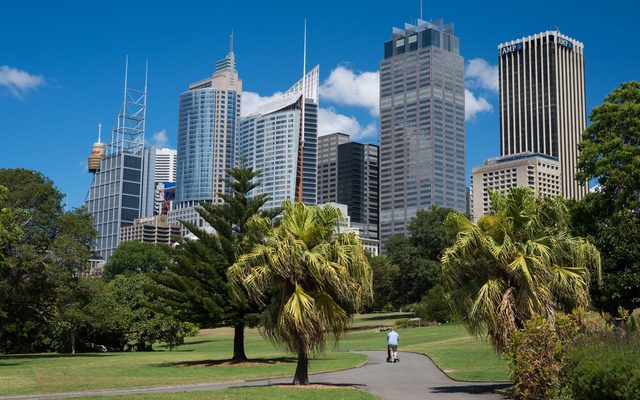This article is from the Australian Property Journal archive
ONE-quarter of Australasians have moved house since the start of the pandemic, while the attraction to regional locations appears to have more staying power than elsewhere.
Knight Frank’s Global Buyer Survey, representing 900 clients across 49 markets, showed 19% of respondents globally have moved house since the onset of COVID-19, rising to 25% in Australasia as well as North America.
Of non-movers, 20% are more inclined to move in 2021 as the pandemic continues.
Over two-thirds of people expect the value of their current home to increase in the next 12 months, with most expecting a rise of between 1% and 9% over the period. This coincides with Knight Frank’s Prime Global Forecast which highlights that global house prices are likely to increase by 4% in 2021.
Cities were found to be back in favour internationally. Out of those respondents who are more inclined to move in the next 12 months, 38% of them are looking at city locations with 33% opting for the suburbs.
About 46% of respondents are more likely to buy a detached home or villa, but demand for apartments has increased from 12% in 2020 to 19% currently.
“This reflects an increase in demand for both larger, more spacious apartments, and pieds-a-terre in city centres,” the report said.
Knight Frank’s head of residential, Shayne Harris, said the pandemic has caused Australians to prioritise space in their apartments and houses – whether buying or renting – with a “willingness to spend big to achieve this”.
“The gap between buyer demand and appropriate property supply is widening, with construction difficulties weakening supply and rising costs creating a highly pressurised buying environment in some instances, often driven by FOMO from buyers.
“Throughout the pandemic, lifestyle has become increasingly more important for Australian buyers, and this has manifested in a focus on location popularity and an increased level of interest in branded residences. It is interesting to note that global respondents in this survey have indicated that city living is back in favour, whereas in Australia we are still seeing a trend towards relocation with a focus on lifestyle location for property as the need to be in the office everyday has been greatly reduced.”
Nearly 40% of buyers globally would be willing to pay a premium for a branded residence according to the survey, a figure that rises to 45% and 43% in Australasia and Asia respectively. Top amongst the key motives for purchasing a branded residence is the service provision and amenities, the high-yielding potential, and building management and maintenance.
One-third of buyers say they are more likely to purchase a second home as a result of COVID-19, up from 26% last year. Of those looking to buy a second home, 23% say the pandemic has influenced where they want to buy and 22% say it has delayed their purchase plans.
Demand for ski homes was highest among North American and Asian buyers, with the segment increasing from 11% in 2020 to 18%.
Mark Harvey, head of international residential sales at Knight Frank said prime buyers in Europe and the US will find a markedly different landscape now to 2020, with stock lower, vendors less willing to negotiate on price and, after several months of tight travel restrictions, overseas demand is strengthening.
“Some buyers are willing to take a more watchful approach and wait until the final quarter of the year when they hope vendors will be less intransigent on price. Others are keen to act quickly where they can see compelling value before prices shift higher.
“Two trends stand out in the last few months. Firstly, a growing ambivalence of some buyers when it comes to location, provided they can secure a co-primary home that delivers the lifestyle and enjoyment they feel they’ve missed out on. And, secondly given low savings rates and frothy stock markets, buyers are taking a more defensive stance by rebalancing their portfolios with a greater focus on tangible assets such as property.”
The survey also showed that the US, Singapore, Hong Kong SAR, the UK and the Philippines were the key locations expatriate respondents were based prior to the pandemic. For those that returned home, a desire to be closer to family was the biggest motivating factor (36%), followed by an improved quality of life (24%) and a change in employment circumstances (16%).
The energy efficiency of a future home is important to 84% of respondents, while 28% said they would be more likely to buy an energy efficient home if future environmental regulations were to have a direct impact on its value, around 27% would be willing to pay a premium for a greener, more energy efficient home




